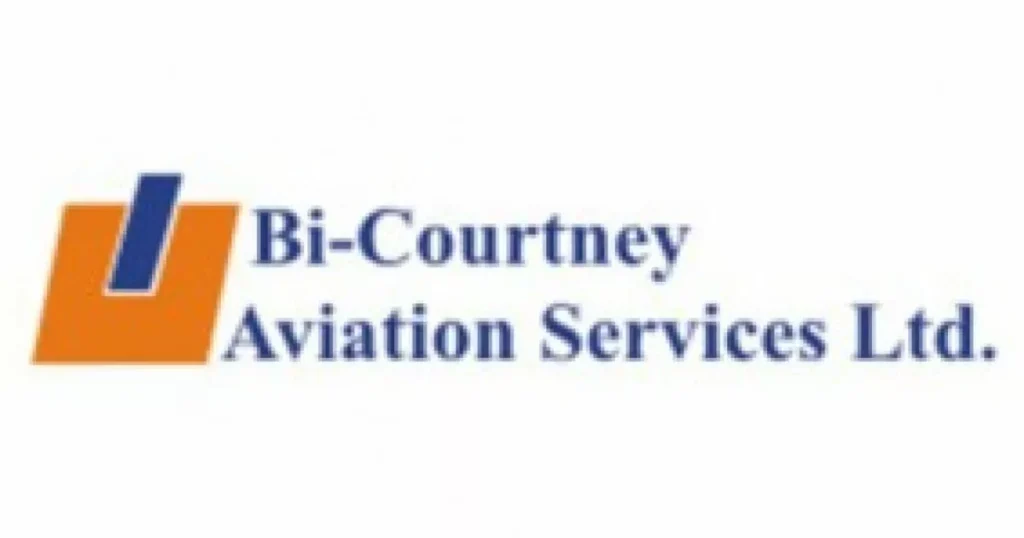The Imperative of Technological Integration in Airport Infrastructure and Operations: The MMA2 Case Study
Bi-Courtney Aviation Service Limited (BASL), the operator of Murtala Muhammed Airport Terminal 2 (MMA2), has made a compelling argument for the adoption of technology in airport design and operations to elevate efficiency and enhance passenger experience. This position underscores the critical role of forward-thinking planning in airport development, where the initial design serves as the cornerstone for long-term success and passenger satisfaction. A poorly conceived design can lead to persistent operational challenges, hindering both efficiency and passenger comfort. MMA2’s approach, characterized by a futuristic vision from its inception, provides a compelling case study for the transformative power of technology in airport management. This approach prioritizes the integration of technology to address traditional operational bottlenecks and redefine the travel experience.
MMA2’s commitment to technological advancement is evident in its continuous upgrades and investments. The terminal has consistently modernized its Flight Information Display Screens (FIDS) to enhance visibility and optimize communication between passengers and airlines. This commitment to clear and timely information dissemination reduces passenger anxiety and ensures smooth transitions throughout the airport. Furthermore, MMA2 offers complimentary, secure Wi-Fi access in its food court and departure areas, enabling travelers to remain connected and productive while waiting for their flights. This seemingly small amenity significantly contributes to passenger comfort and satisfaction, demonstrating an understanding of the modern traveler’s needs.
The positive impact of these technological advancements is reflected in the commendations received from passengers and aviation experts alike. Passengers have expressed their appreciation for the seamless experience at MMA2, highlighting the stark contrast with other terminals in the country. Industry experts have lauded MMA2 as a shining example of how Nigerian airports can effectively implement and manage functional systems. This positive feedback underscores the tangible benefits of investing in technology and passenger-centric services, setting a benchmark for other airports to emulate.
The technological underpinnings of MMA2’s operational efficiency are further detailed by Azeez Sanni, the Head of Information Technology at BASL. The upgraded Common User Passenger Processing System (CUPPS) allows airlines the flexibility to check in passengers from any available system, streamlining the process and mitigating delays, especially during peak travel times. The enhanced FIDS provides real-time, high-resolution flight updates, ensuring passengers are well-informed throughout their journey. The provision of free Wi-Fi further enhances passenger comfort and convenience, allowing them to stay connected and entertained. These initiatives collectively demonstrate MMA2’s dedication to continuous innovation and its commitment to integrating cutting-edge technology to elevate the passenger experience to world-class standards.
Beyond passenger processing and information systems, MMA2’s commitment to technological advancement extends to its parking facilities. The automated parking system has been upgraded to a more user-friendly and environmentally conscious platform, replacing paper tickets with recyclable cards. Further planned upgrades aim to eliminate physical payment methods entirely, enabling seamless digital transactions through card scanning. This move towards complete automation not only enhances efficiency but also aligns with sustainability goals by reducing paper waste.
MMA2’s vision for technological integration extends beyond passenger services to encompass cargo operations. The company introduced digital cold storage facilities in 2024 and is currently exploring the establishment of a dedicated freighter system to facilitate the movement and redistribution of goods across Nigeria. This forward-thinking approach recognizes the growing importance of air cargo and the need for efficient and technologically advanced infrastructure to support its growth. The proposed freighter system would significantly enhance logistics and distribution networks within the country, contributing to economic development and improved access to goods.
Furthermore, BASL commends the Federal Government’s implementation of the Cape Town Convention Practice in 2024, recognizing its potential to reduce costs, streamline equipment financing, and enable airlines to utilize more local crew. This policy change creates a more favorable environment for aviation businesses and promotes local employment within the industry. BASL’s 18-year management of MMA2 stands as a testament to the transformative potential of private-sector efficiency and innovation within the aviation industry. The company’s success in implementing technology-driven solutions and passenger-centric services provides a replicable model for other airports in Nigeria and across West Africa.
In conclusion, MMA2’s experience demonstrates that a strategic focus on technology and passenger experience can significantly elevate airport operations and redefine the travel experience. The continuous investment in technological upgrades, coupled with a commitment to passenger comfort and efficiency, has positioned MMA2 as a model for airport management in the region. The company’s forward-thinking approach, including its exploration of innovative cargo solutions and its support for progressive government policies, further solidifies its role as a leader in the aviation industry. By embracing technology and prioritizing passenger needs, MMA2 not only enhances its own operational efficiency but also contributes to the overall advancement of the aviation sector in Nigeria and beyond.














